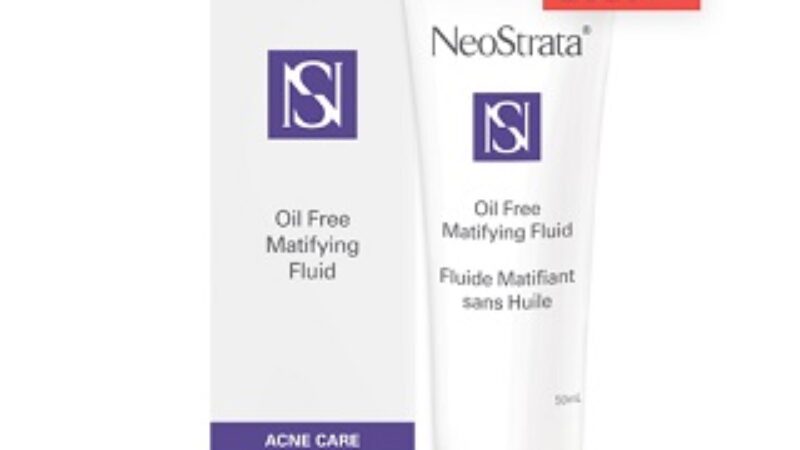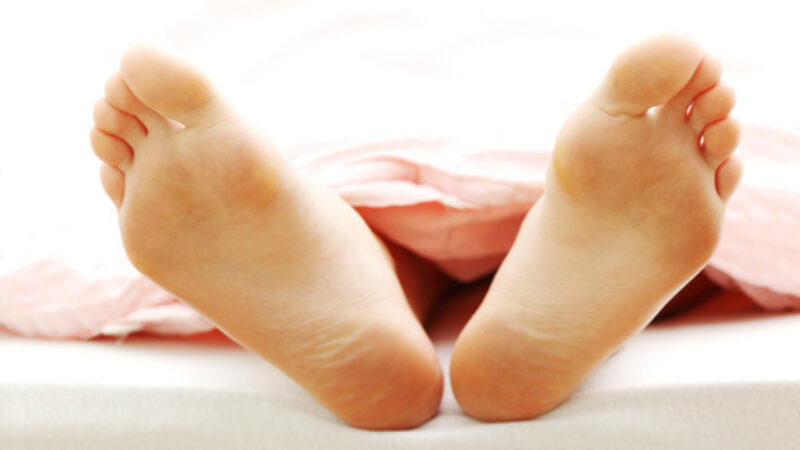A recent 2012 study published in the Cancer Research Journal of the American Association of Cancer Research examined the risk of basal cell carcinoma (BCC) in relation to caffeine intake. Results seemed to indicate an inverse relation between caffeine intake and the risk of basal cell carcinoma. In other words, the subjects who consumed more coffee had a lower risk of developing BCC.
Basal cell carcinoma and squamous cell carcinoma are two of the most common forms of skin cancers. Unprotected sun exposure is linked to the development of these cancers. Basal cell carcinoma appears as tiny, clear, pearly or flesh colored bumps which are often mistaken for moles. Although BCC is the least threatening type of skin cancer, it can be locally destructive or disfiguring because of the need to remove the lesions via surgery.
Previous studies have been undertaken to determine links between drinking tea and/or coffee and the risk or seriousness of skin cancer. However, these studies did not differentiate between caffeinated and decaffeinated teas and coffees. After detailed research involving over 20,000 cases and on-going follow-up spanning 30 years, researchers of the 2012 study concluded that, compared to individuals who drank less than one cup of caffeinated coffee per month, women who consumed more than 3 cups of coffee daily had the lowest risk of developing BCC. However, decaffeinated coffee consumption did not lower the risk of BCC, and neither squamous cell carcinoma nor melanoma risks were affected by caffeine intake.
The incidence of basal cell carcinoma is currently increasing by 4% to 8% per year, resulting in nearly one million new cases diagnosed each year in the United States alone. And in light of the fact that having skin cancer increases the risk for developing other cancers, small daily dietary changes such as caffeine intake may reap untold benefits. If further studies reinforce the link between caffeine intake and the risk of BCC, the impact could be tremendous.
Basal Cell Carcinoma – Can Caffeine Help?





Thank you for another essential article. Where else could anyone get that kind of information in such a complete way of writing? I have a presentation incoming week, and I am on the lookout for such information.
Great info I am glad it was good news for coffee. I gotta have my coffee in the morning. it is interesting that it is the caffeine that lowers the risk of BCC. I am going to share this article with my followers and friends.